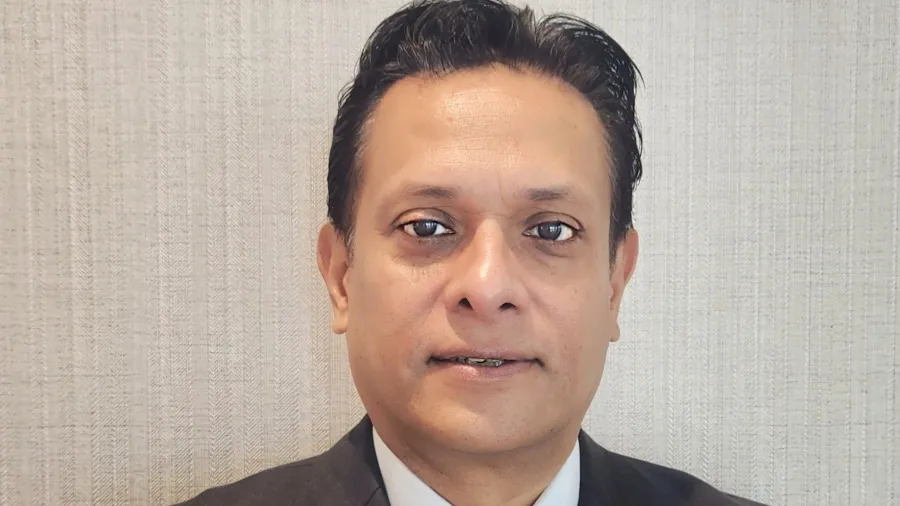A quick guide to Shanghai's financial workforce
By George McFerranWestern candidates wanting to work in China’s banking capital, Shanghai, should first get to grips with how regulatory change is creating an increasing number of niche jobs for foreigners.
Product-development, finance, risk, IT, M&A, and management roles are among those that will open up for overseas professionals – including people who don’t speak Mandarin – over the next five years. And while international banks in Shanghai are taking on most of the Western talent now, Chinese firms are set to boost their recruitment as they internationalise.
The Shanghai Municipal Government aims to boost the city’s financial workforce from 240,000 in 2011 to 320,000 in 2015 as part of its goal of becoming a global financial centre by 2020. The sheer size of these numbers suggests US and European bankers should be heading there in droves, especially as redundancies continue to bite in mature markets.
But although there will be more jobs for Westerners as China expands and deregulates, these roles will make up a small proportion of any Shanghai employment surge. There are far fewer Western financial professionals in Shanghai than in expat hot-spots like Singapore and Hong Kong.
Foreign banks, overwhelmingly the largest employers of Western talent, collectively employ just under 1,400 staff from overseas, according to the PricewaterhouseCooper’s report, Foreign Banks in China 2012. And that’s across the whole county, including non-Western foreigners.
Follow the regulation
Over the next five years, Westerners will be increasingly recruited to build the city into a financial powerhouse, but they will be sought after for their specialist skills, not to fill bums on seats.
Xiangjun Hao, secretary general of the Shanghai Financial Association (SFA), expects that employment demand will expand largely because of China’s financial reform programme. Put simply, when Western-style products are allowed to be launched in China, there will be more need for international talent.
The main drivers of hiring will include: internationalisation of the RMB, interest-rate liberalisation, increased cross-border trading, and more international investment into China. These factors will generate more product-based roles in trade finance, interest rates, and currency products, such as derivatives and forward contracts.
China’s Five-Year Plan aims to build Shanghai into a global centre for innovation, transaction, pricing and clearing of RMB-denominated financial products.
“When the RMB becomes convertible on the capital account, trading in it will increase dramatically and there will be strong demand for financial-market staff in trading, spots, forwards, interest-rate swaps, bonds and equities,” says Piter de Jong, managing director, ING Bank, Shanghai Branch. “This will also create demand for control functions, such as market risk management.”
Foreign first; local later
For now, the best chance of securing a job as a foreigner in Shanghai still lies at the Western banks. De Jong says these firms face a shortage of mid- and senior-level staff. “We are all fishing in the same limited talent pool of people who speak English and have enough foreign-bank experience.”
But demand for international candidates is also creeping up at Chinese banks as they expand overseas, increase their domestic product range, and need help with best-practice standards. “They can assist Chinese institutions to understand Western financial systems and regulations, and also help them realise their crucial role in the global network.”
Many of these internationally-inspired jobs will be filled by Chinese returnees and foreign nationals who speak Mandarin, but Westerners will also sometimes be considered. They will be especially sought after for technical roles – such as in finance, IT, and business intelligence – that don’t involve close interaction with Chinese customers.
Cross-border M&A, in which deals are often done in English, is a client-facing exception.
Jimmy Leung, PwC China banking and capital markets leader, reckons that roles will not be limited to senior managers transferred from head office, as is sometimes currently the case. “Younger Chinese professionals in Shanghai are often bilingual, which makes it easier for foreigners to become their colleagues.”
Industry and government leaders are well aware that Shanghai must be pro-active if it is to build a stronger, larger and more international financial workforce, especially in the face of high tax rates and competition from Hong Kong. Infrastructure, compensation and the quality of job opportunities must continue to improve for the city to attract the best global talent.




















 Advertise
Advertise














